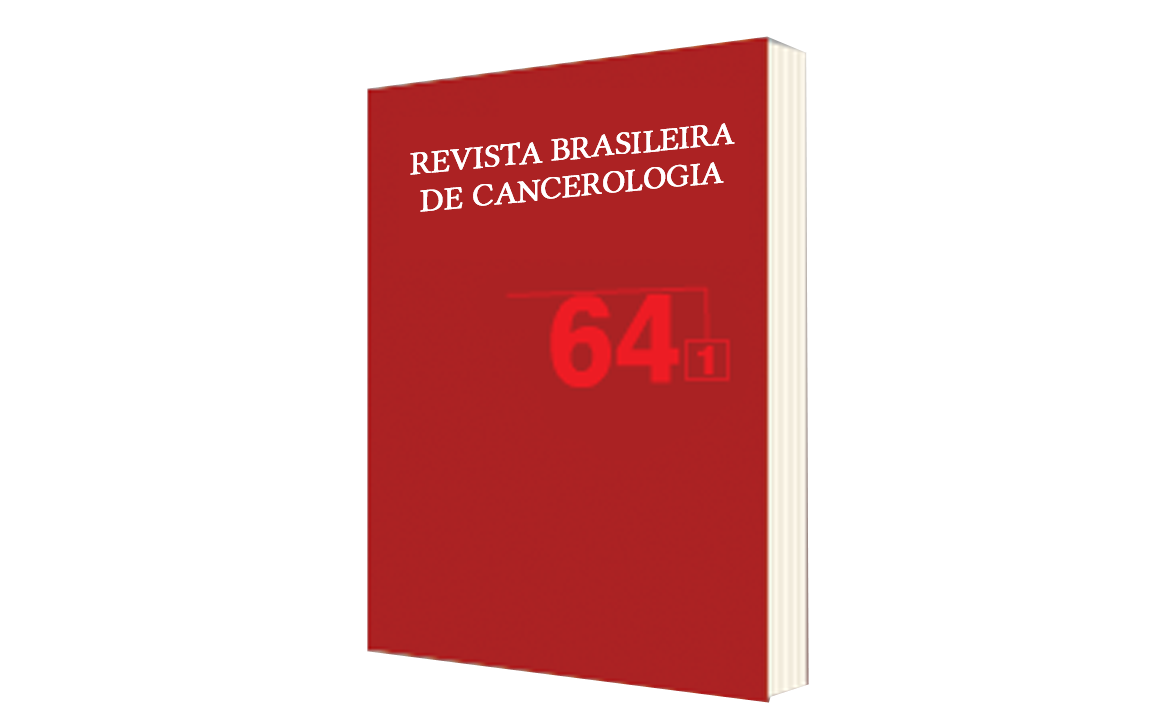Cancer Patient use of Religious/Spiritual Coping to Deal with the Toxicities of Chemotherapy
DOI:
https://doi.org/10.32635/2176-9745.RBC.2018v64n1.112Keywords:
Drug Therapy, Spirituality, ToxicityAbstract
Introduction: Cancer is considered a serious public health problem and a stressful event in the lives of patients. That is because the emotional impact of the diagnosis and the psychological damage during treatment are significant, especially in patients undergoing antineoplastic chemotherapy, which exposes them to undesirable toxicities. Therefore, cancer patients need to marshal adaptive personal resources to deal with various types of discomfort, a coping process that can be associated with a reliance on religion, spirituality, or faith (religious/spiritual coping). Objective: To investigate the relationship between the use of religious/spiritual coping and the organic responses to the toxicities of chemotherapy. Method: This was an analytical, observational, cross-sectional, correlational study. using non-probability sampling, we selected 40 patients under treatment in the high complexity oncology unit of a university hospital. We applied a custom sociodemographic/health questionnaire and the brief religious coping scale. Results: In general, religious/spiritual coping, positive and negative, was moderately employed by all participants, regardless of the degree of the toxicities. Conclusion: We conclude that cancer patients undergoing chemotherapy use positive and negative coping strategies, although positive coping was used to a greater degree in our sample.









